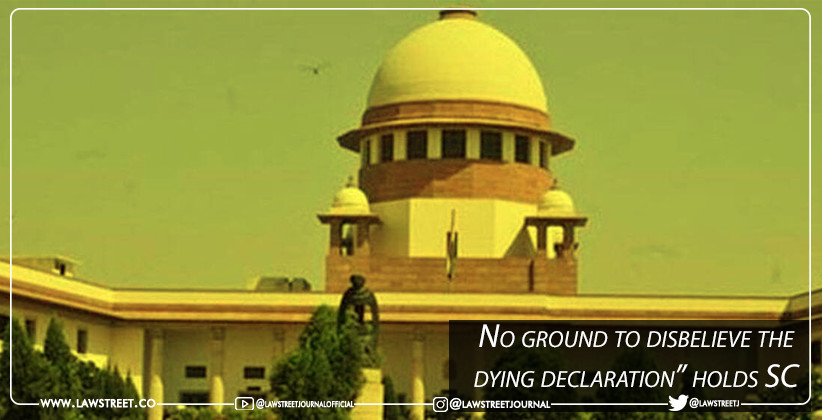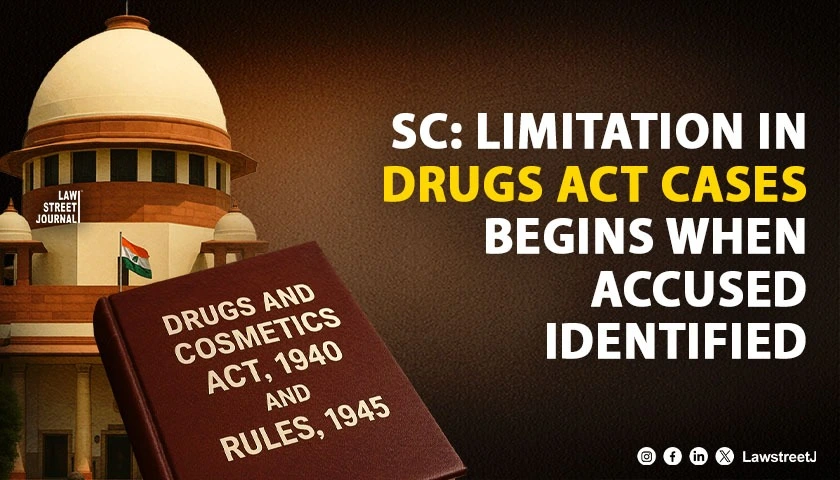The presence of the deceased persons parents and relatives in the hospital does not mean the dying declaration must be discarded, says Supreme Court in recent judgement.
The Court was of the option that,
It is quite natural that when such an incident happens, the parents and other relatives try to reach the hospital immediately. Merely because they were in the hospital, the same is no ground to disbelieve the dying declaration, recorded by the Magistrate
According to the courts recordings on the matter, the dying declaration stated that the accused person set the deceased on fire after pouring kerosene on her. The accused argued that these facts in the dying declaration were tutored, the same story being made up by the family members of the deceased.
The defense, from their side of the story said that the deceased was actually trying to commit suicide and the accused was actually trying to help her put out the fire.
The Court rejected this argument and observed,
Further, merely because the parents and other relatives of the deceased were present in the Hospital, when the statement of the deceased was recorded, it cannot be said that the said statement was a tutored one. It is quite natural that when such an incident happens, the parents and other relatives try to reach the hospital immediately. Merely because they were in the hospital, the same is no ground to disbelieve the dying declaration, recorded by the Magistrate, who was examined as PW-16.
Relatives submitted to the Court that they were not present at the time of recording of the declaration. The court believed that if the dying declaration is considered with witness statements, the accused seems to be established to be seen guilty beyond reasonable doubt.






